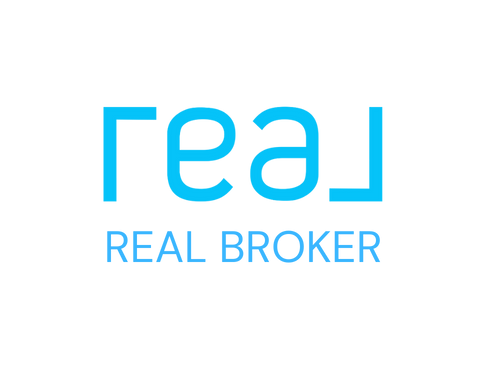Investing in a fixer-upper property can be an enticing opportunity for those seeking a potential bargain or a chance to put their creativity to work. However, it’s important to carefully weigh the pros and cons before diving into such a project. In this blog post, we will explore the advantages and disadvantages of buying a fixer-upper, helping you determine whether it’s a worthwhile investment.
Cost Savings and Potential Profit
One of the primary benefits of purchasing a fixer-upper is the potential for cost savings. These properties are often priced lower than move-in ready homes, allowing buyers to secure a more affordable purchase. Additionally, if you possess the skills and knowledge to tackle renovations, you can potentially increase the property’s value significantly. A successfully renovated fixer-upper has the potential to yield a higher return on investment, making it an attractive option for those with a keen eye for opportunity.
Customization and Personalization
Fixer-uppers offer the unique advantage of customization. Buying a property in need of renovations allows you to tailor it to your specific tastes and needs. From choosing the materials and finishes to reconfiguring the layout, you have the freedom to create a personalized space that perfectly aligns with your vision. This level of customization is often limited in move-in ready homes, making fixer-uppers a popular choice for those who desire a home that reflects their unique style and preferences.
Potential Challenges and Hidden Costs
While fixer-uppers offer exciting potential, it’s crucial to consider the potential challenges and hidden costs involved. Renovation projects often come with unexpected surprises, such as structural issues or outdated electrical and plumbing systems. These unforeseen expenses can quickly add up, exceeding the initial budget. Additionally, renovation timelines can be lengthy, causing inconvenience and potentially disrupting your living arrangements. It’s essential to carefully assess the property’s condition and consult with professionals to accurately estimate the costs and scope of the project before making a decision.
Required Expertise and Time Investment
Renovating a fixer-upper requires a certain level of expertise, whether it be in construction, design, or project management. If you don’t possess the necessary skills, you may need to hire contractors and professionals to complete the renovations. This adds to the overall cost of the project. Furthermore, undertaking a fixer-upper requires a significant time investment. From planning and sourcing materials to overseeing the renovations, it demands careful coordination and attention to detail. Consider your available time, skills, and willingness to manage a project before committing to a fixer-upper.
Market Conditions and Resale Potential
Market conditions play a crucial role in the potential success of a fixer-upper investment. It’s important to research the local real estate market to ensure there is demand for renovated properties in the area. If the market is slow or if there is an oversupply of similar homes, it may be challenging to recoup your investment. On the other hand, if the market is thriving and there is a demand for updated properties, a well-executed renovation can lead to a profitable resale.
Investing in a fixer-upper can be a rewarding endeavor, offering cost savings, customization opportunities, and potential profits. However, it’s vital to carefully consider the challenges, hidden costs, and market conditions to make an informed decision about whether it’s worth the investment.




